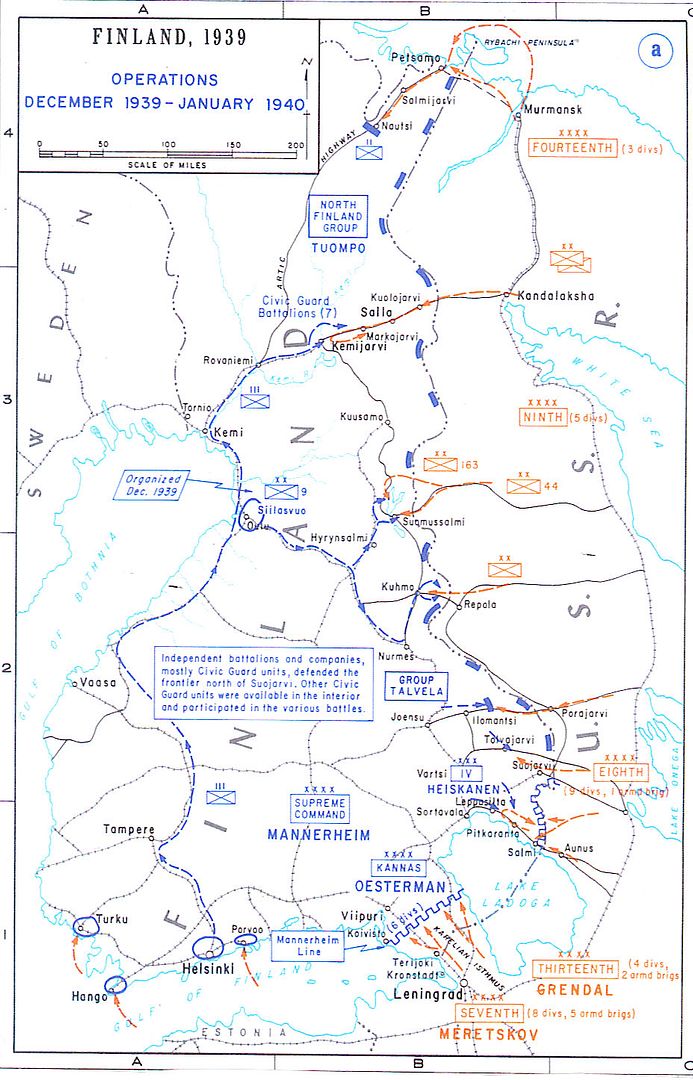

But this was whistling in the dark, as Jodl’s journal makes clear. At 1 P.M. it noted: “Order to Gen. Halder by telephone: All movements to stop.”
The same, day, the thirteenth, the German ambassador in Brussels was urgently informing Berlin of considerable Belgian troop movements “as a result of alarming reports received by the Belgian General Staff.”
Shortly before Christmas [Alfred] Rosenberg dispatched a special agent, Hans-Wilhelm Scheidt, to Norway to work with Quisling, and over the holidays the handful of officers at OKW who were in the know began working on “Study North,” as the plans were first called. In the Navy opinion was divided. Raeder was convinced that Britain intended to move into Norway in the near future. The Operations Division of the Naval War Staff disagreed, and in its confidential war diary for January 13, 1940, their differences were aired.
The Operations Division does not believe an imminent British occupation of Norway is probable . . . [It] considers, however, that an occupation of Norway by Germany, if no British action is to be feared, would be a dangerous undertaking.
The Naval War Staff therefore concluded “that the most favorable solution is definitely the maintenance of the status quo” and emphasized that this would permit the continued use of Norwegian territorial waters for the ore traffic “in perfect safety.”
William L. Shirer, The Rise and Fall of the Third Reich